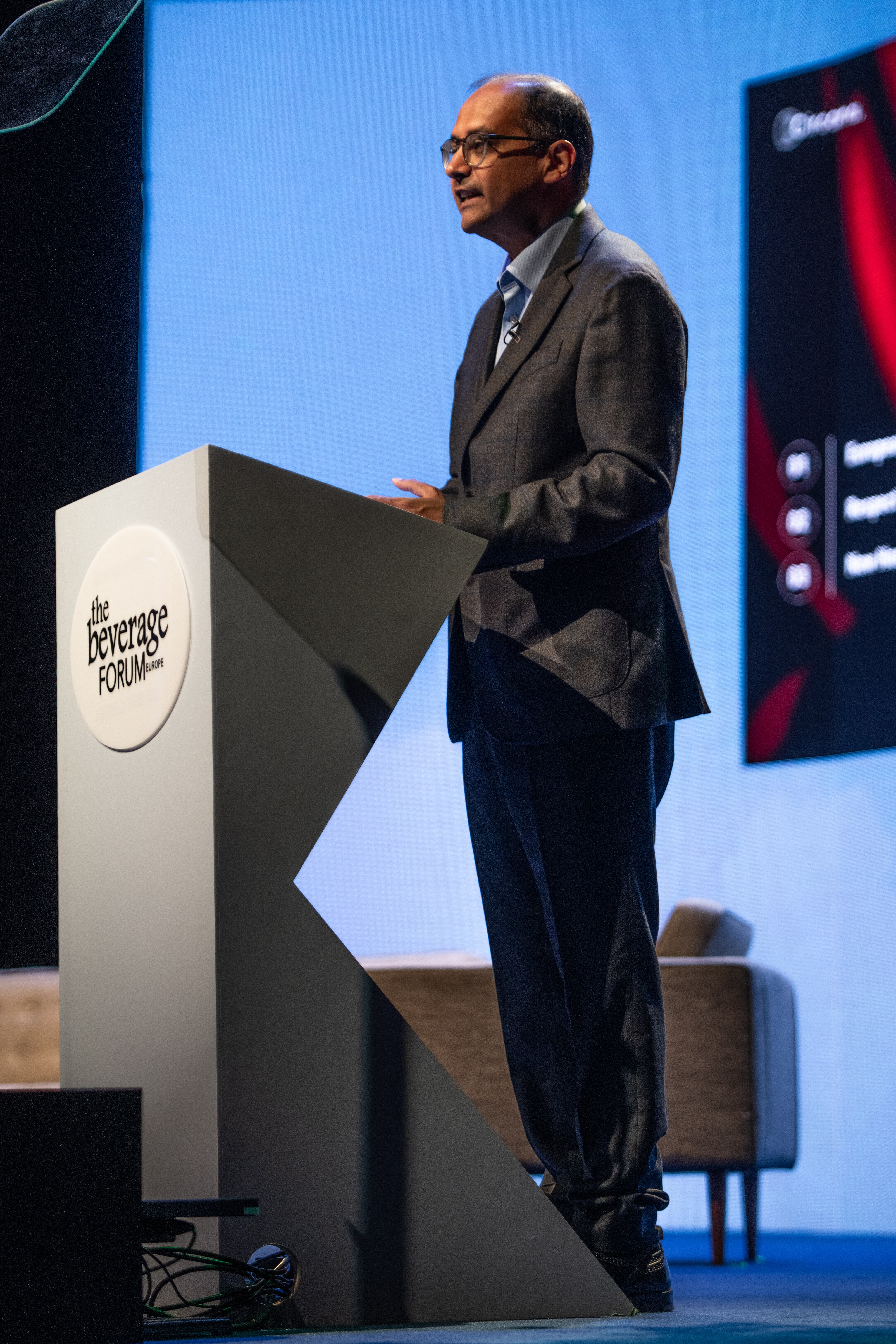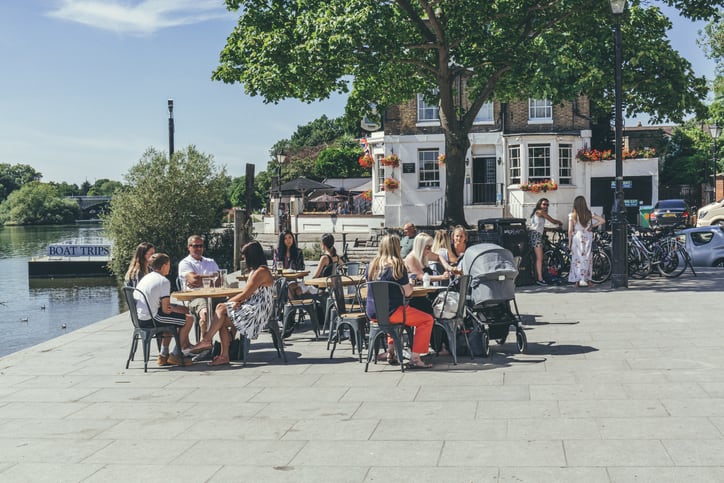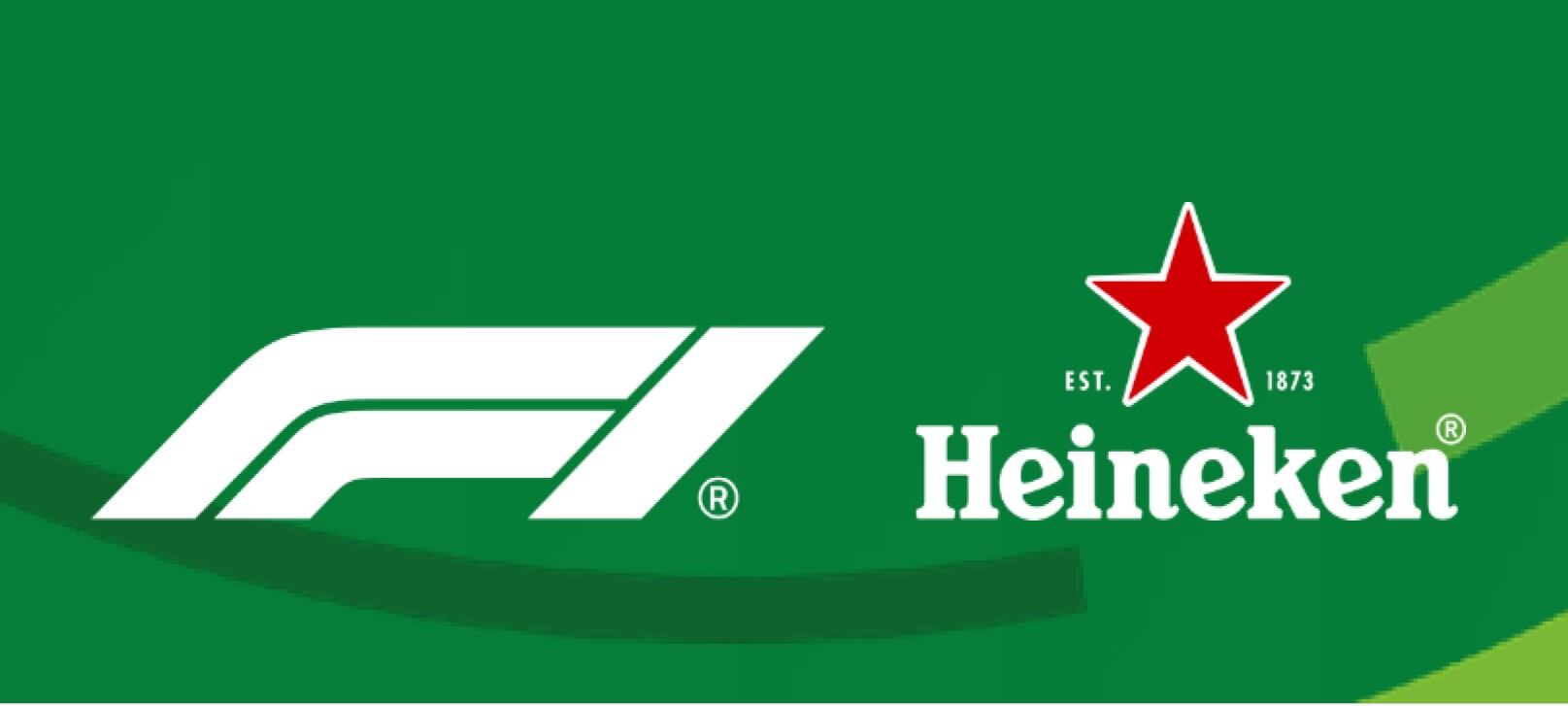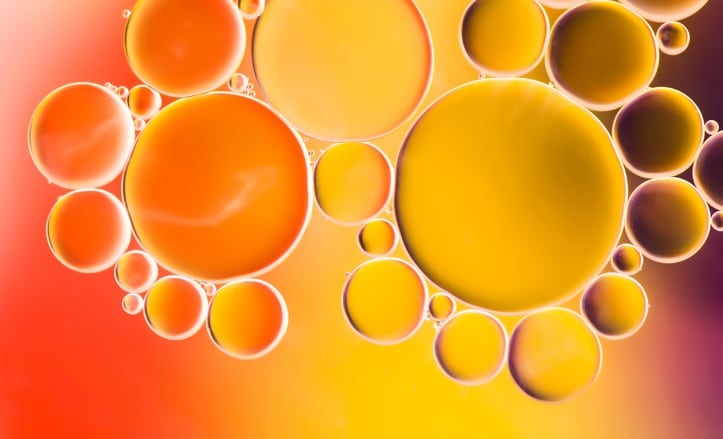The analysis, released at the Beverage Forum Europe in London this week, shows that 71% of consumers are buying, stocking or consuming less alcohol. And nearly a quarter of 25-35 year olds have stopped buying alcohol entirely.
This, according to Circana, represents a ‘structural shift’ towards moderation and under-consumption which will reshape the category over the next 20 years.
More and more consumers are turning to alcohol-free versions of their favorite beer, wine and spirits. But while the conversation was once around comparing these to their flagship counterpart – or developing new techniques to assure quality - today’s alcohol-free brands need to take a different mindset to set themselves up for a winning place in the alcohol-free industry.
This will be about focusing on the branding, marketing and how brands fit into alcohol-free lifestyles.
“The growth in the category is where brands are exciting and aspirational. And they happen to be zero percent alcohol,” said Ananda Roy, senior vice president and industry advisor, Circana, presenting the data and analysis at the Beverage Forum.

“This is how you should approach demand moving forward: it’s much more about being able to create the aspirational brands of the future.”
Meanwhile, consumers are also are turning to other alternatives to alcohol that don’t fit inside this alcohol-free category.
That includes functional drinks, protein-based beverages, kombucha or kefir: all drinks that offer different functionalities or taste profiles for consumers.
Circana’s data adds that consumers cite being ‘more refreshing’ (55%), ‘healthier with plant-based ingredients’ and ‘tasting better’ (27%), ‘better for me’ (22%) and ‘fits my lifestyle (21%) as the main reasons for switching from alcohol to alternatives.
Such drinks also offer something new for drinkers to discover outside their core repertoire: which is increasingly valued by younger generations.
And consumers are also increasingly interested in mood-enhancing options that promise either the same buzz or relaxation as alcohol.
One of these is Trip: the CBD brand that launched in the UK in 2019 and has since expanded internationally to the US and beyond, named as the Beverage Forum’s ‘Brand on Fire’ for London 2025.
The brand is riding the wave of two key trends: consumers’ interest in healthier functional beverages; and their desire to reduce alcohol consumption.
“Non-alcohol beers, non-alcohol spirits, they’re taking a big share of the reduction in alcohol,” said Daniel Khoury, co-founder and CEO of Trip.
“But there’s also a big part of Gen Z who aren’t looking for that taste of alcohol. They haven’t gotten used to the taste of beer, like I had, before I tried a non-alcoholic beer.
“There’s a big portion of that Gen Z population - and other people that are moderating - that aren’t looking in the alcohol-free aisle.
“They’re looking for aspirational brands to be their go-to instead of alcohol.”
The European beverage market
The total European beverages category has reached a value of €166bn ($192bn), accounting for nearly a quarter (23%) of all edible CPG demand across Circana's top European markets (France, Germany, Italy, Netherlands, Spain, UK).
Overall sales value grew +2.1% and volume rose +0.6% year-on-year. Alcoholic beverages slipped -1.8% in value sales to €68bn, while non-alcoholic beverages grew +5.1% to €97bn.
With soft drinks, functional blends, and no/low alcohol choices now making up almost 60% of category sales.
Opportunities for the alcohol industry remain
The alcoholic beverage industry in Europe has slipped down 1.8% in value sales, now coming in at €68bn ($79bn).
But a decline doesn’t mean it’s game over for the alcohol industry: it remains a large and important industry for Europe.
What is critical is for this industry to tap into key consumer trends: acknowledging and responding to health and wellness and moderation.
“There is a role for the alcohol industry to continue to make itself cool again in an appropriate and responsible way,” said Roy of Circana.
“We’ve seen certain players in the space do that very successfully: there’s a role for premiumization, for sustainability, for experimentation – this is really critical for the younger demographics who are looking at alcoholic beverages and are looking for new reasons to partake in that category.”
This opportunity for premiumization, for example, is one that luxury giant LVMH is ready to play into: turning moderation into an opportunity rather than a threat.
“People care today about what they’re putting into their bodies: much more than before,” said Jonas Tahlin, president of spirit brands, at LVMH, also speaking at the Beverage Forum. “They want to look good, feel good, live well, and live for a long time – they don’t want to be hungover. And that is driving a large degree of moderation.
“For a company like LVMH, which is really focused on that higher end... if people are drinking less but better, we’re in a pretty good place to tackle that as a trend.”
But like Roy of Circana, he emphasizes that brands need to provide something more than a drink for consumers: something that holds true across both alcohol alternatives and alcohol.
“People are gravitating to brands that have an incredible story,” he said. “Brands that tell a story about their founders, craftsmanship, stories you can retell. Those are establishing a connection with people that mass brands are struggling to create. Brands who do storytelling well have a bright future.”



